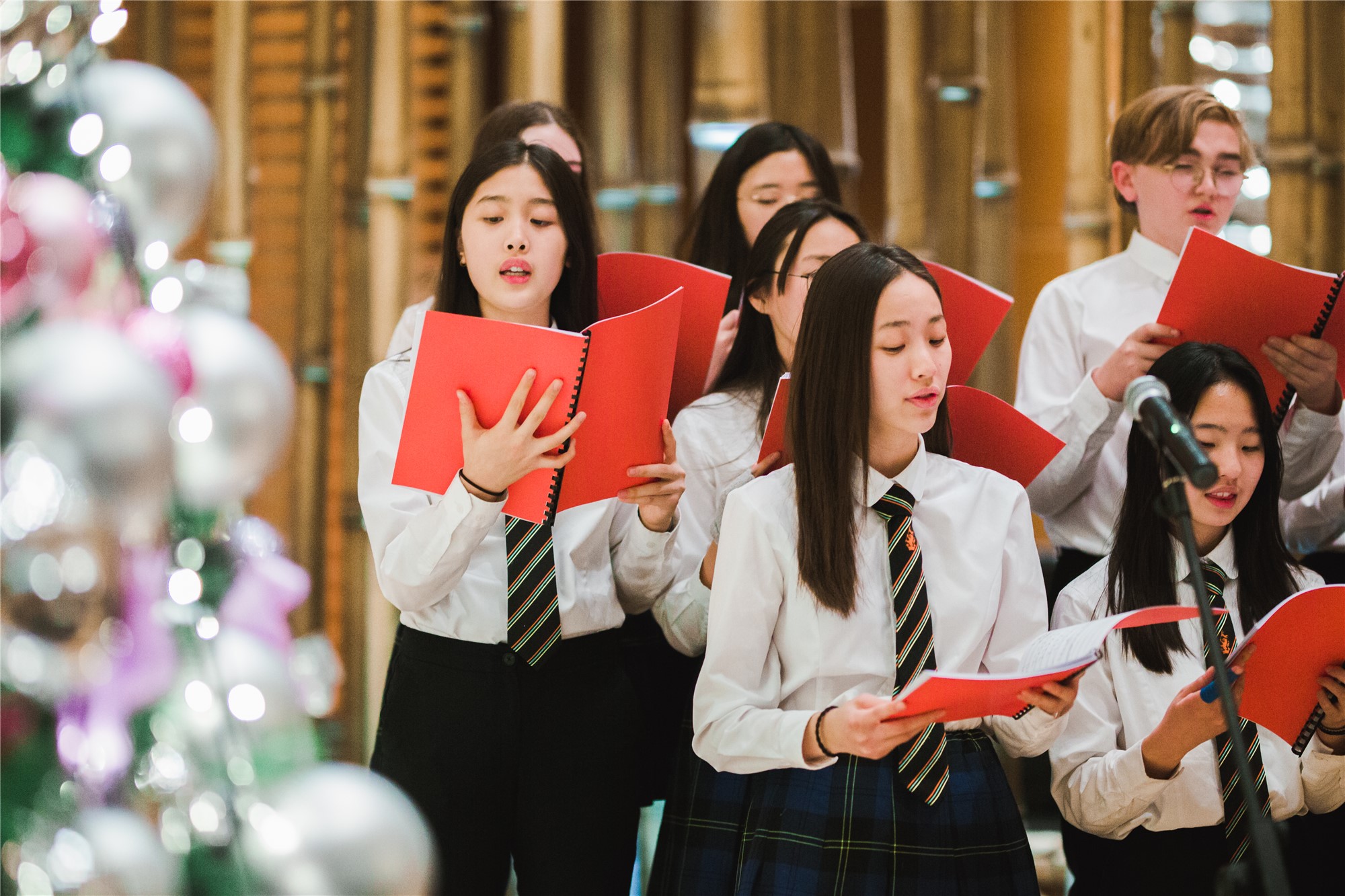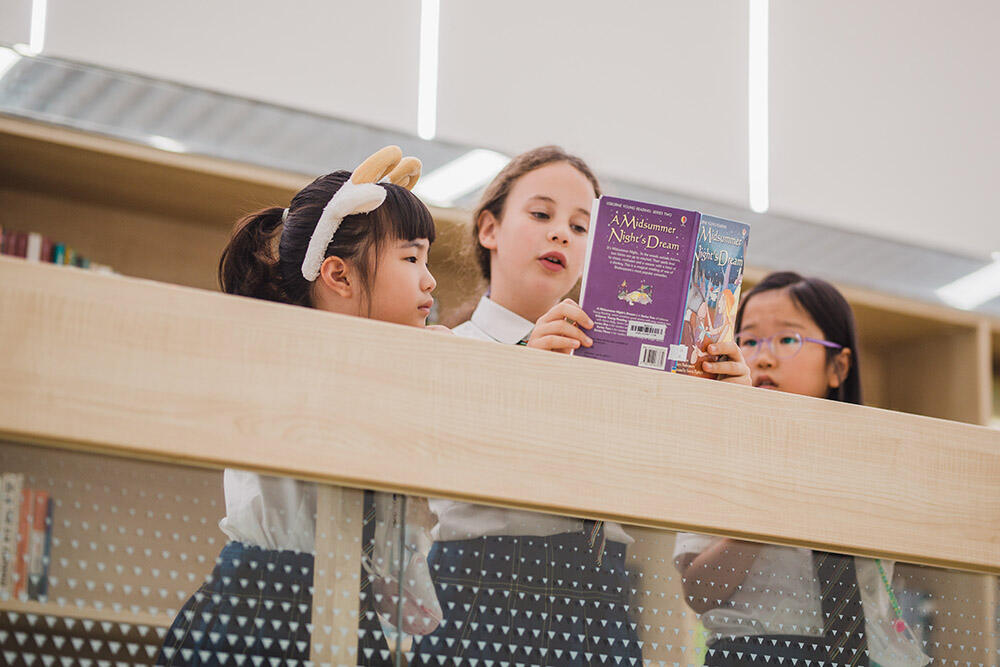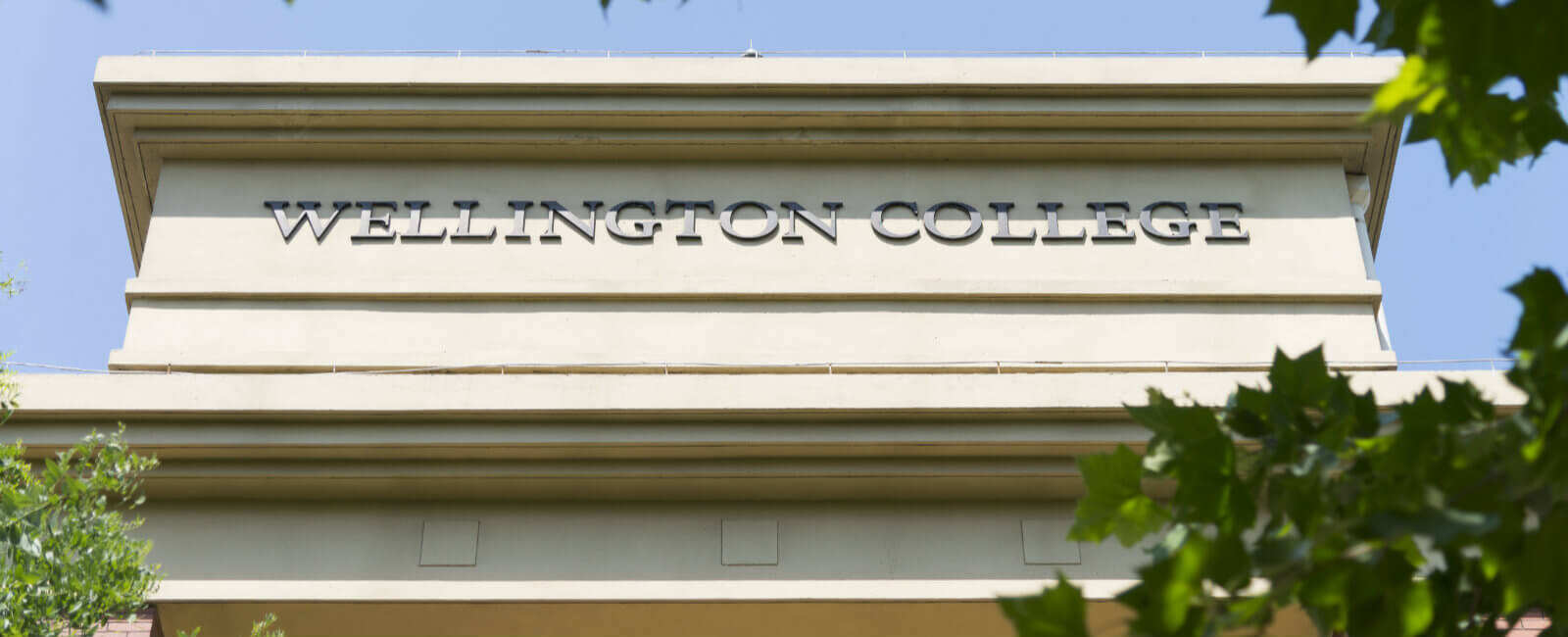The Week Ahead 8 November 2019
08 Nov 2019


From the Master 来自校长 마스터
Dear parents 11th November day is Singles’ Day here in China, the date’s collection of 1s suggestive of lonely singles. It is a day now more marked out for shopping than for celebrating being unattached, with retailers anticipating another bonanza – last year, shoppers spent almost $50million in the 24-hour window. It is quite different in the UK, though, where 11th November has a more sombre resonance. It is Remembrance Day, the day marking the armistice of the First World War and is a chance for people to join together in a shared reflection - in two minutes of silence - on the sacrifice made by all those who have fallen in conflict since 1914. Our sister school, Wellington College, uses the occasion to remember its own fallen; over 1200 Old Wellingtonians gave their lives in the terrible conflicts of the 20th Century. If you have been in the school over the past couple of weeks, you will have noticed pupils and staff wearing a red (or white) poppy in their lapel. Families new to the school are often puzzled by this symbol, particularly as the poppy can have a quite different and distinctly ignoble association in China, so I thought I would just share with you a very brief outline of the reasons for the poppies you see around school. The wearing of a red poppy is a tradition that began in Britain almost 100 years ago, in 1921. Poppies grow on broken ground, and with the heavy artillery shelling of the warfare so characteristic of the Western Front in the First World War, it was almost inevitable that they grew on the battlefields – some of the only plants to do so. As such, poppies soon became a rare source of colour for the soldiers, and their image has been a source of comfort and reminder for those they left behind ever since. The poppy, therefore, is specifically not a symbol glorifying war; it is designed to give those who did come back (and, by extension, their descendants) a chance to pause and reflect on the sacrifice of those who did not. Each wearer makes a donation to the Royal British Legion, a charity that uses the money raised by the sale of these flowers to provide support for veterans’ care homes, ex-servicemen and their families. Since the introduction of the ‘poppy appeal’, it has raised almost £3 billion for its causes. Not everyone wears the same poppies, though. Opponents of war can choose to wear a white poppy. These are still produced by the Peace Pledge Union, a pacifist charity that seeks to remind people of the horror and futility of war, but also recognise the losses of the wars of the 20th century. The money raised from their sale goes to support all the victims of war. Within our school community of so many nationalities and backgrounds, we seek to give an opportunity for our pupils to understand more about the cultural differences that are bound together in a Wellington education. Therefore, whether you pass the day on Monday in a frenzy of online spending or not, I hope you can find the time to reflect on the lessons of a very different kind of 11th November. Best wishes Julian Jeffrey MASTER

 French
Every Monday
8:45-10:00
MB125
Mrs Audrey Barthelemy
audrey.barthelemy18@gmail.com
Art
Every Friday
8:30-11:00
MB125
Mrs Markovic
ksenija.jakic@wellingtoncollege.cn
Mandarin
Every Tuesday
10:15-11:15
MB125
Mrs Yuan and Mrs Zhang
yizhang001@foxmail.com
EAL (Beginner level)
Every Tuesday of Week A
8:30-9:30
MB125
Mr Furse
David.Furse@wellingtoncollege.cn
EAL (Advanced level)
Every Thursday of Week B
8:30-9:30
MB125
Mr Furse
David.Furse@wellingtoncollege.cn
Pilates
Every Tuesday
8:45-10:00
Black Box
Mrs Stofkova
dstofkova@yahoo.com
How to use Chinese daily life Apps
Every Tuesday
13:00-14:00
MB113
Mrs Kim
donghong0904@naver.com
Pilates
Every Friday
8:45-10:00
Black Box
Mrs Stofkova
dstofkova@yahoo.com
Yoga
Every Wednesday
8:45-10:00
Black Box
Mrs Havlíková
havlikann@gmail.com
Yoga
Every Thursday
10:45-12:00
Black Box
Mrs Havlíková
havlikann@gmail.com
Traditional Chinese Medicine
Every Thursday
9:00-10:30
MB113
Mrs Markovic
ksenija.jakic@gmail.com
Notice: Any changes of time/date/venue please follow the notice according to the course organiser.
French
Every Monday
8:45-10:00
MB125
Mrs Audrey Barthelemy
audrey.barthelemy18@gmail.com
Art
Every Friday
8:30-11:00
MB125
Mrs Markovic
ksenija.jakic@wellingtoncollege.cn
Mandarin
Every Tuesday
10:15-11:15
MB125
Mrs Yuan and Mrs Zhang
yizhang001@foxmail.com
EAL (Beginner level)
Every Tuesday of Week A
8:30-9:30
MB125
Mr Furse
David.Furse@wellingtoncollege.cn
EAL (Advanced level)
Every Thursday of Week B
8:30-9:30
MB125
Mr Furse
David.Furse@wellingtoncollege.cn
Pilates
Every Tuesday
8:45-10:00
Black Box
Mrs Stofkova
dstofkova@yahoo.com
How to use Chinese daily life Apps
Every Tuesday
13:00-14:00
MB113
Mrs Kim
donghong0904@naver.com
Pilates
Every Friday
8:45-10:00
Black Box
Mrs Stofkova
dstofkova@yahoo.com
Yoga
Every Wednesday
8:45-10:00
Black Box
Mrs Havlíková
havlikann@gmail.com
Yoga
Every Thursday
10:45-12:00
Black Box
Mrs Havlíková
havlikann@gmail.com
Traditional Chinese Medicine
Every Thursday
9:00-10:30
MB113
Mrs Markovic
ksenija.jakic@gmail.com
Notice: Any changes of time/date/venue please follow the notice according to the course organiser.
Related Articles

The Week Ahead 15 November 201918 Nov 2019
From the Master 来自校长 마스터 Dear parents I read an interesting article on the development and success of phonics recently. Many of you will have children currently using phonics as part of the literacy
Read More

The Week Ahead 22 November 201925 Nov 2019
From the Master 来自校长 마스터 Dear parents I met with a parent recently who, after almost four years in Tianjin, is relocating to her home country as a result of her husband’s recent promotion. I am alway
Read More

The Week Ahead 29 November 201902 Dec 2019
From the Master 来自校长 마스터 Dear parents There are not many activities in life which not only keep you fit, help you to relax and potentially help to save your life. Swimming is one such activity and as
Read More






 Channel
Channel 
 Linkedin
Linkedin  Facebook
Facebook  Ins
Ins 



